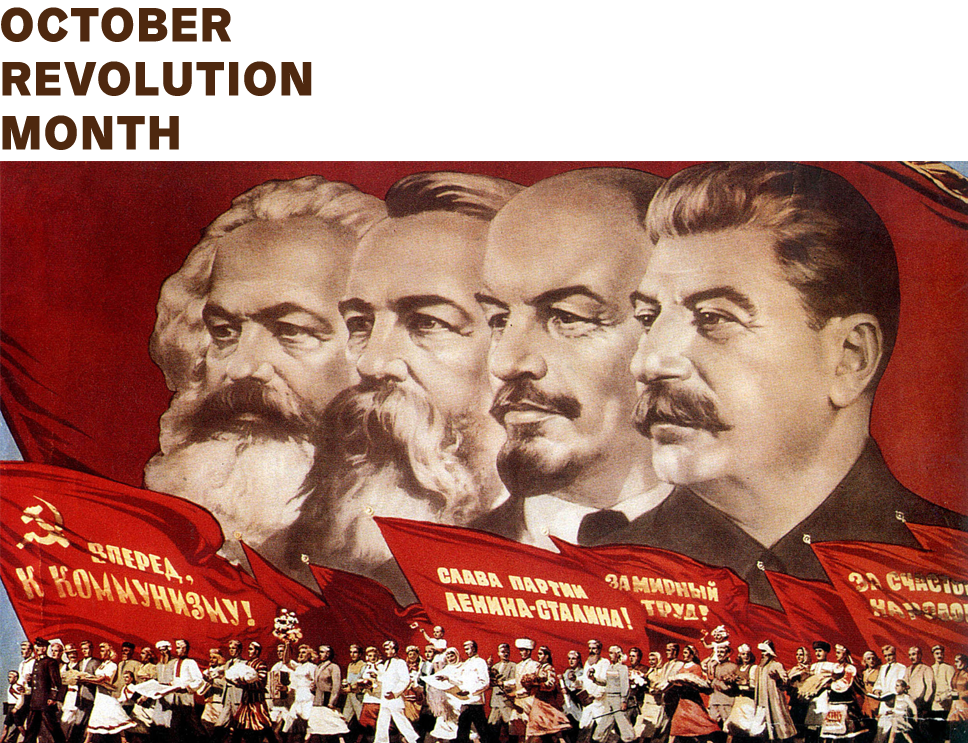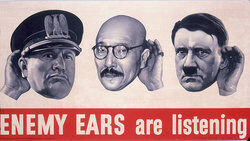Fascism refers to a way of organizing society with an emphasis of autocratic government dictatorial leadership and the suppression of opposition. A political philosophy movement or regime such as that of the Fascisti that exalts nation and often race above the individual and that stands for a centralized autocratic government headed by a dictatorial leader severe economic and social regimentation and forcible suppression of opposition.
Mottos slogans songs flags 3.

Fascism definition history. A political philosophy movement or regime such as that of the Fascisti that exalts nation and often race above the individual and that stands for a centralized autocratic government headed by a dictatorial leader severe economic and social regimentation and forcible suppression of opposition. Fascism places the importance of the nation above all. The word fascism comes from fascio the Italian word for bundle.
Adolf Hitler and Benito Mussolinis beliefs are two prime examples of what people today consider to be fascist. 1 often capitalized. Fascism is a political ideology which is based on far-right nationalism with an authoritarian power structure and low tolerance for dissent or disagreement.
Italian fascism was a totalitarian political movement led by Benito Mussolini. The word entered English as a result of Mussolinis fascisti in Italy but fascisti and fascio both referring to a bundle were used to represent labor and agrarian unions in Italy since at least 1872. An authoritarian and nationalistic right-wing system of government and social organization.
Fascism is a far-right political philosophy or theory of government that emerged in the early twentieth century. The word fascism comes from the Latin word fasces - a group of. Historian Ian Kershaw once wrote that trying to define fascism is like trying to.
The word is sometimes capitalized especially when it specifically refers to the dictatorship of Benito Mussolini in Italy from 1922 to 1943 or. Fascism is a movement that promotes the idea of a forcibly monolithic regimented nation under the control of an autocratic ruler. While fascist movements could be found in almost every country following World War I fascism was most successful in Italy and Germany.
Fascism is a form of far-right authoritarian ultranationalism marked by forcible suppression of opposition dictatorial power and strong regimentation of society and economy. Fascism is an ultranationalist authoritarian political philosophy. However many scholars say the concept is difficult to define.
Fascism is the attitude of giving full interest in economic social and military power to. A fascist government might also be called totalitarian. Fascism prioritizes the nation over the individual who exists to serve the nation.
As a rule Fascism is associated with dictatorship or a strict hierarchical authoritarian structure where the state gets total control. Definition and Beliefs. Fascism is a system of government led by a dictator who typically rules by forcefully and often violently suppressing opposition and criticism controlling all industry and commerce and promoting nationalism and often racism.
The term Fascism was first used of the totalitarian right-wing nationalist regime of Mussolini in Italy 192243 and the regimes of the Nazis in Germany and Franco in Spain were also Fascist. Fascism describes a type of far right government which emerged in the early 20th century. Fascism is a term often loosely used to describe military dictatorships and extreme right-wing governments and organizations or individuals known to be either violently anticommunist or violently anti-Semitic or both.
It stands in contrast to democratic values which support equality and freedom for all. Fascism political ideology and mass movement that dominated central southern and eastern Europe between 1919 and 1945 and was characterized by extreme militant nationalism hatred of communism and socialism contempt for democracy and. What constitutes a definition of fascism and fascist governments has been a complicated and highly disputed subject concerning the exact nature of fascism and its core tenets debated amongst historians political scientists and other scholars since Benito Mussolini first used the term in 1915.
A right-wing militarist nationalist and authoritarian regime such as that founded by Mussolini 1919 and inspiring among others the German Nazi Party. Time Magazine offers up a typically incomplete superficial and vague textbook definition of Fascism as follows. Century History Page FASCISM The term fascism comes from the word fasces.
An ax tightly wound with sticks. It was developed between the years 1920 and 1943 especially after the political and economic crisis that generated the First World War. Fascism can be defined as a political attitude and mass movement that arose during time between the first and second World War.
It opposes communism socialism pluralism individual rights and equality and democratic government. Fascism is a movement that promotes the idea of a forcibly monolithic regimented nation under the control of an autocratic ruler. A form of government in which a dictator rules opposition is suppressed the economy is centrally controlled and extreme nationalistic policies are pursued.
Loyalty to the state absolute authority- no democracy and unity. In simple terms fascism is defined as a government structure where one dictator has complete control of the entire country state or territory. The movement came to prominence following the end of Wolrd War I in the early 20th century where it first took root in Italy before spreading to other European nations.
It combines elements of nationalism militarism economic self-sufficiency and totalitarianism. Italy was the first fascist state in history. Advertisement Examples of Fascism in History.
Fascism is a political ideology usually characterized by authoritarianism and nationalism. Anyone who opposes this dictator is suppressed and individual rights are often oppressed.

What Is Fascism 1750s To Present Unit 7 World History Project Oer Project Youtube

Log In To See The Contents Russian Revolution February Revolution Russian History

From Fascism To Populism In History By Federico Finchelstein Paperback University Of California Press

A Brief History Of Isolationism In The United States Youtube

Fascism Conservative Economic Programs Britannica

Silent Night The Story Of The World War I Christmas Truce Christmas Truce Story Of The World Silent Night

Sinarquism Mexican Fascist Movement Britannica

Fascism Conservative Economic Programs Britannica

Fascism Intellectual Origins Britannica
What Is Fascism Definition Facts About Fascism

The History Of The Raised Fist A Global Symbol Of Fighting Oppression

On A Brief History Of Fascist Lies And Its Current Relevance Minnpost
Chapter 17 Stalinism Fascism And The Origins Of The Second World War In Contested Visions The History Of Western Civilization From 1648 On Openalg

Benito Mussolini Role In World War Ii Britannica

Fascism Volksgemeinschaft Britannica

Pin By Nellie Silva On For The Grandkids In 2022

Rendezvous With Destiny History Of The 101st Airborne Division By Leonard Rapport 101st Airborne Division Destiny Book Destiny



Comments